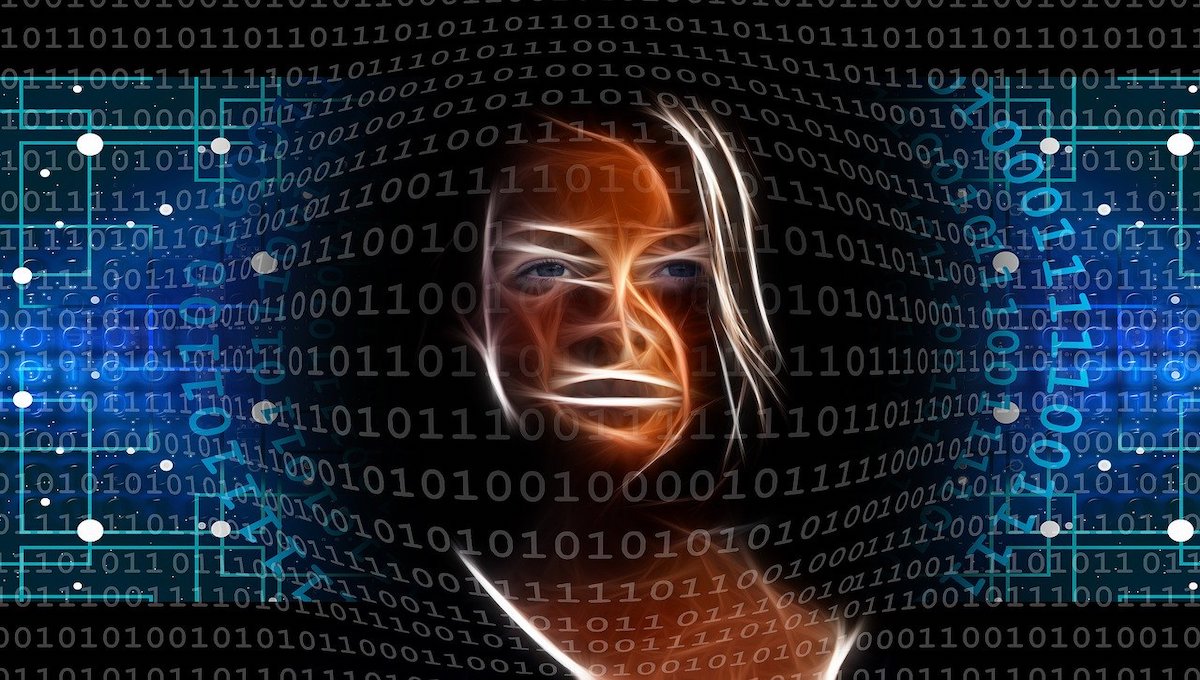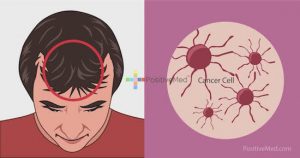COVID-19 disease takes its toll throughout the world. No wonder that scientists are racing to find an efficient treatment or vaccine. It also shouldn’t surprise us that so widely-spread nowadays Artificial Intelligence could help them reach their goal.

Researchers needed
Our times are the times of research. Since we have so many tools and a lot of knowledge to discover and create everything, we cannot deal with the fact that there’s still a mystery that we are not able to reveal. This conundrum is called coronavirus pandemic. Researches on it have exploded in response to the COVID-19 pandemic, and now there are more than 60,000 papers online.
The meaning of AI
One of the most crucial tools of contemporary is Artificial Intelligence (AI) technologies like, for example, Natural Language Processing (NLP). It can help researchers tackle COVID-19 by processing huge amounts of data that otherwise wouldn’t be possible to deal with by humble human-beings. AI has the power to transform medical research in a way that we would never think about before. It helps us address extremely urgent medical challenges, such as COVID-19.
Machines can find, evaluate, and summarise innumerable research papers on the new coronavirus. A group of scientists would have to sacrifice all their lives to do it, and they still wouldn’t be sure whether they didn’t skip anything. Machines do it in seconds and couldn’t be more fierce about their results. Mind that thousands of new researches and other scientific documents are added every week as specialists race to find a vaccine or treatment. AI can also help us track the spread of COVID-19, as well as other diseases. How? By detecting early warning signals such as clusters of symptoms in a new place.
Is it really helpful?
Specialists in Artificial Intelligence (AI) can use their training in concepts like statistical significance to understand medical researches regarding a sophisticated global database and extract from it the most relevant information. Machines can fruitfully assist us in reaching the ultimate goal. They can fastly detect patterns that we, as humans, may be slow to see. In other words, they can help us quickly understand data on the spread of COVID-19 and other diseases, and intervene fast and early.
Urgent questions need answers now, not later
Since there are about 67,000 scholarly papers related to the new coronavirus, and their number is still growing, every scientist working on a cure or vaccine must understand this prior research. In the worst case, hundreds of scientists would work on the same matter! To avoid errors and duplications, AI results in pretty helpful. Researchers and institutions around the world have rightly decided to tap the power of machines to overcome the COVID-19 crisis.
More about machine learning
Going through all these papers would take years. Machines could change this, providing us with an instant overview. In March, a partnership of several institutions, including the White House, created the COVID-19 Open Research Dataset (CORD-19). It’s a free resource for the global AI community. The database is just a beginning, though.
A brilliant one but still a beginning. AI specialists around the world work to develop tools to extract the most significant information using machine learning. This way, medical researchers will be able to keep up with this fast-evolving field. Machine learning is a part of Artificial Intelligence that consists of machines being trained on huge data samples. They can independently analyze data sets and detect patterns, trends, relationships, and such (for example the speed and pattern of COVID-19 spread). Scientists can now type a simple question into a search engine tied to the database, such as “Is COVID-19 seasonal?”, and the search engine quickly finds and ranks all related papers for them.
What’s even more important than pure knowledge? Detecting the threat.
Another important piece of information on COVID-19 emerges daily, somewhere in the world. Collecting them fast and efficiently could probably help us prevent the next pandemic. The challenge is to fish this crucial information from other, irrelevant observations. And this exact objective is at the core of epidemic intelligence. The aim is to spot and assess epidemics, ideally in their earliest stage. Health ministries and centers for disease control in all member states of the United Nations, as well as medical and healthcare professionals, will use these newest tools for ongoing epidemic research.






